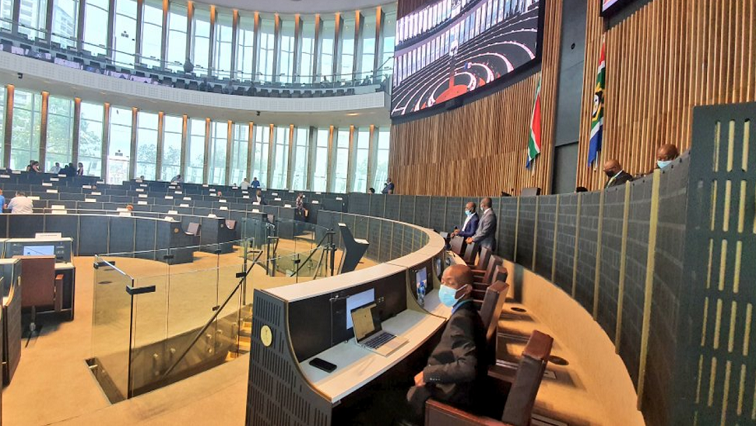I oftentimes feel slighted when I come across popular rhetoric which compares the administration of local government to that of a circus.
Circus acts are a well-coordinated orchestra of talented individuals, each of whom understand the significance of their roles and responsibilities in carrying out the act and delivering value to their spectators.
Pivotal to overall piece is the ringmaster: a guiding figure which synchronizes the singular, smaller elements with a sturdy hand, quickly managing problems when they arise and ensuring that – at least to the audience – the process goes off without glitch.
In the spectrum of performance, a circus act is poles apart from the running of local government, and even further away from the situation key metropolitans now – and arguably always – find themselves in as consequence of voting trends in past municipal elections.
A cursory glance at South Africa’s track record of local government coalitions paints a picture of fragile agreements sloppily flung together with short-sighted, self-serving agendas – left susceptible to the attitudes and egos of party leaders who flip the script on a political whim.
Post-2016 Nelson Mandela Bay Municipality being a prime example – the DA’s relationship of convenience with the UDM falling apart when the Movement’s then Deputy Mayor, Mongameli Bobani, was removed over allegations of corruption, leaving the EFF free to pull the trigger when it felt the DA needed a hiding over its land policy. What followed was a rapid turnover of mayoral hats, first for the UDM, then the ANC, and back to the DA.
The outcome: a municipality prized as one of the country’s top contributors to fruitless, wasteful and irregular expenditure (more than a billion Rand in total) while its people suffered sewer leakages, pipe bursts and electricity disruptions.
The Metsimaholo Municipality landed itself under administration after infighting between coalition partners, ANC and SACP, led to disruptions at important meetings aimed to address service delivery concerns. In Rustenburg, a coalition between the ANC and the Botho Community Movement (BCM) fell apart – and again in Nama Khoi between the ANC and the Khoisan Revolution Party; and again in Beaufort West between the DA and Karoo Democratic Force; and again in Laingsburg between the DA and the Karoo Development Party (KOP); and again in Prince Albert between the DA and the Karoo Gemeenskap Party.
The inevitable breakdown of relations between the DA and the EFF in Tshwane and Johannesburg has also been well documented.
Come 2022.
The City of Johannesburg’s first council meeting of the year came to an abrupt end after proceedings descended into madness over how to vote for the chair of chairs. The meeting which followed wasn’t any better, characterised by delays and a walk-out staged by the ANC, EFF and smaller parties.
Déjà vu.
Without a doubt, South Africans, through their vote, have expressed an appetite for coalition governance. After the 2021 Local Government Elections, there were 70 hung councils recorded as compared to 27 in 2016 – a 61.42% increase.
But to avoid the same traps into which we have previously fallen, more needs to be done to safeguard the future of communities bound to coalition governments. This has to start at the top, with the Constitution.
It must have been difficult for the architects of our Constitution to fathom a day when a coalition government, rather than one of outright majority, came into effect. So difficult in fact that there are no provisions outlined to guide how a coalition government should be held accountable, managed, and monitored.
Forethought should therefore be given to a number of amendments, firstly, to crack open the door on backroom negotiations between parties parleying for an agreement. This horse-trading should be an object of public scrutiny, left to the voter to decide whether such an arrangement fits with the mandate they handed to their party.
Secondly, an end to the friends-with-benefits attitude; it’s either you’re in or you’re out – put a ring on it. Formal agreements – which outline power-sharing arrangements and decision-making processes – should be a prerequisite before the keys to the city are handed over.
This will bring to an end to some parties tip-toeing around their constituencies through confidence-and-supply agreements with parties which share a directly opposite ideological standpoint.
And lastly, an independent tribunal of sorts should be established to mitigate disputes between coalition parties and hold such parties to their formal agreements – with consequences for those who err.
The above may not be an all-encompassing fix, but serves as a starting point to ensuring stability within local governance for at least the full five five-year term, in the hope that perhaps someday then, local government will perform like a circus.
Amil Umraw is an SABC Specialist Researcher






